Palestinian Camps in Lebanon: Disarmament, Rights, and Return
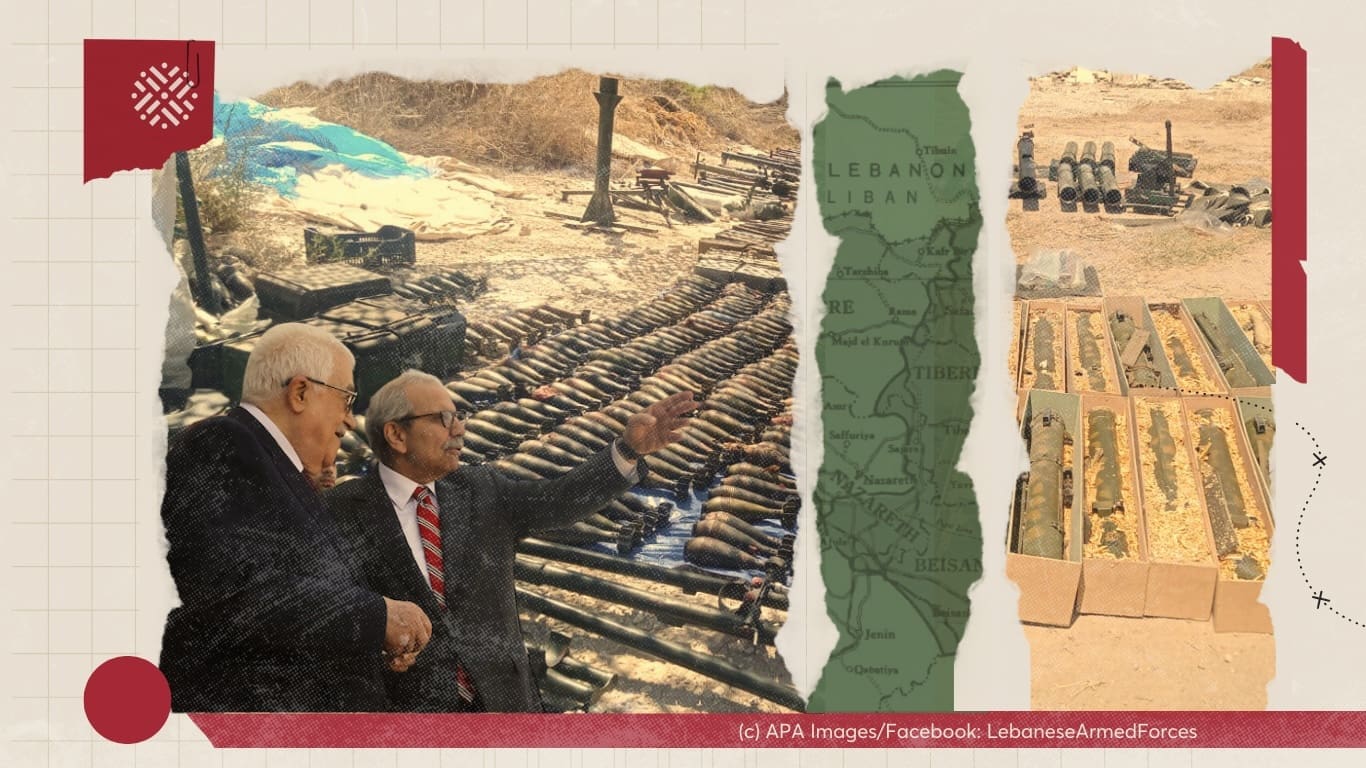
Introduction Lebanese officials have revived calls to disarm Palestinian factions inside refugee camps, presenting it as part of efforts to curb “illicit weapons” and reinforce state sovereignty. Yet for many Palestinians and regional observers, the refugee-camp disarmament initiative signifies an attempt to recalibrate the region’s security landscape. It also revives traumatic collective memories of earlier […]
Palestinian Genocide Survivors in Egypt

The transcript below has been lightly edited for brevity and clarity. Ali 0:00 Life in Egypt for the Palestinians from Gaza is mixed — of relief and hardship. We are grateful for the safety and the opportunity we have, but the constant struggle to make ends meet, find housing, and deal with the legal uncertainties […]
Why Scapegoating UNRWA Must Stop
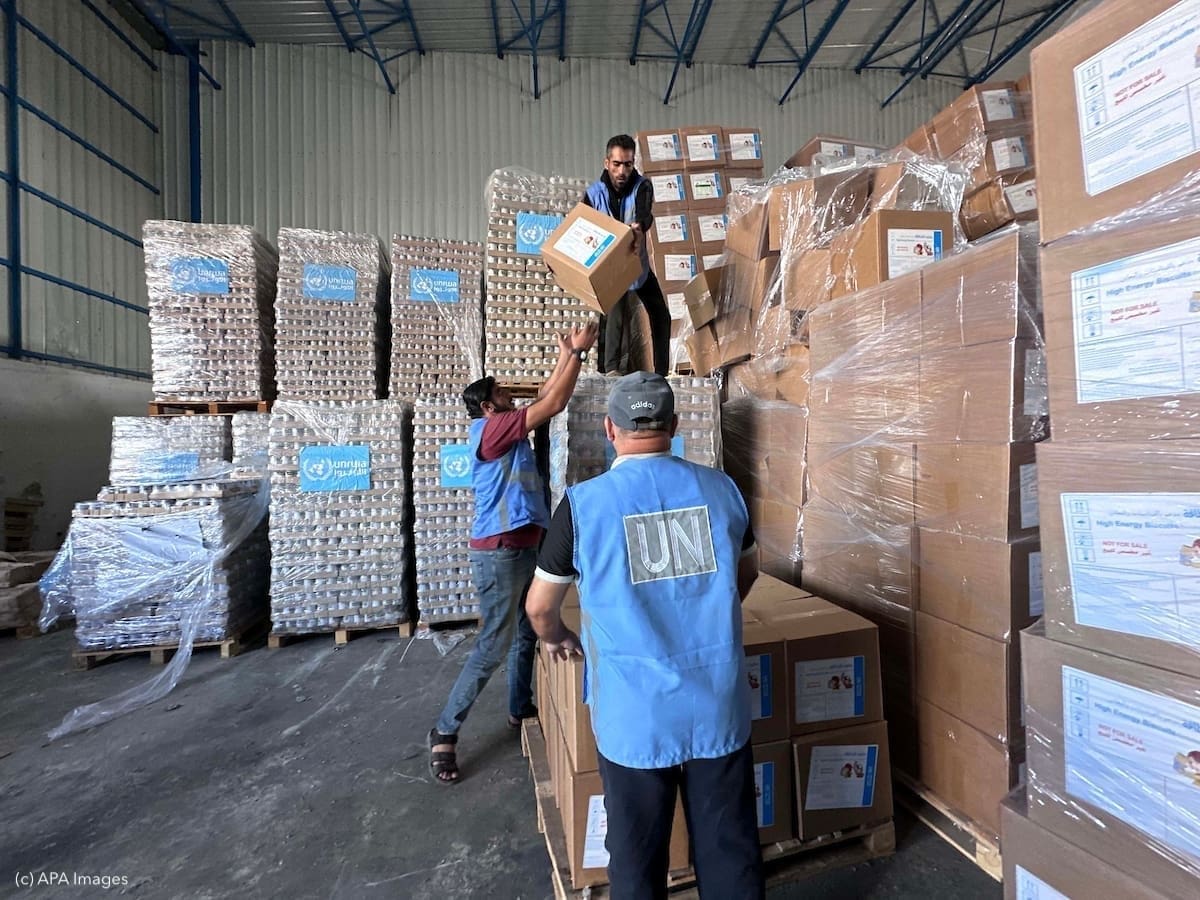
Overview The United Nations Relief and Works Agency for Palestine (UNRWA) is facing politically induced financial pressure that looms over its future and very existence, putting the lives and rights of more than 5.9 million Palestinian refugees in jeopardy. Owing to historical and political reasons, the international community devised a distinct regime for Palestinians forcefully […]
The Mobilizing Power of Palestinians in Lebanon
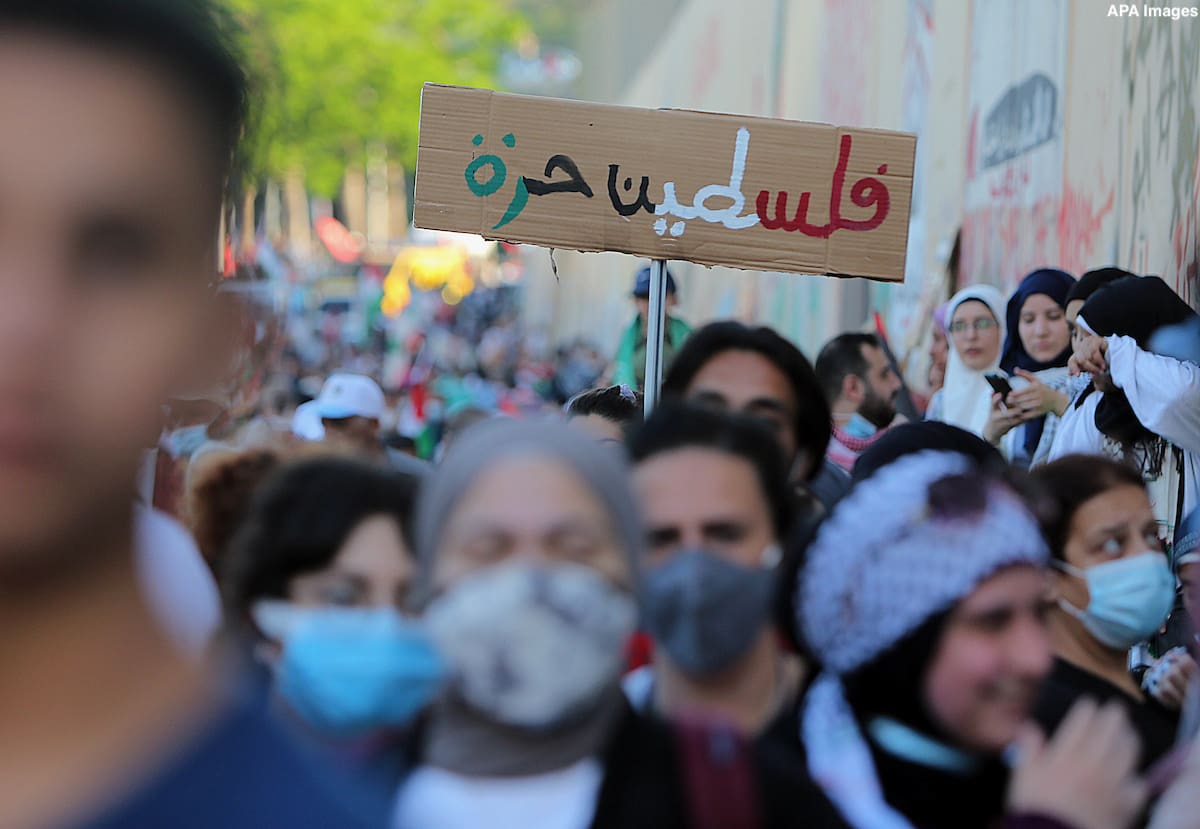
For decades, Lebanese and Palestinian leadership, as well as the international aid community, have been complicit in Palestinian refugees’ destitution in Lebanon’s camps. However, the tide is shifting. Al-Shabaka’s policy analyst, Mai Abu Moghli, examines how Palestinians in Lebanon have been increasingly staking claims to their rights through collective mobilization, charting a new and revolutionary path for themselves in the country.
Palestinian Refugees and Lebanon’s Multilayered Crisis
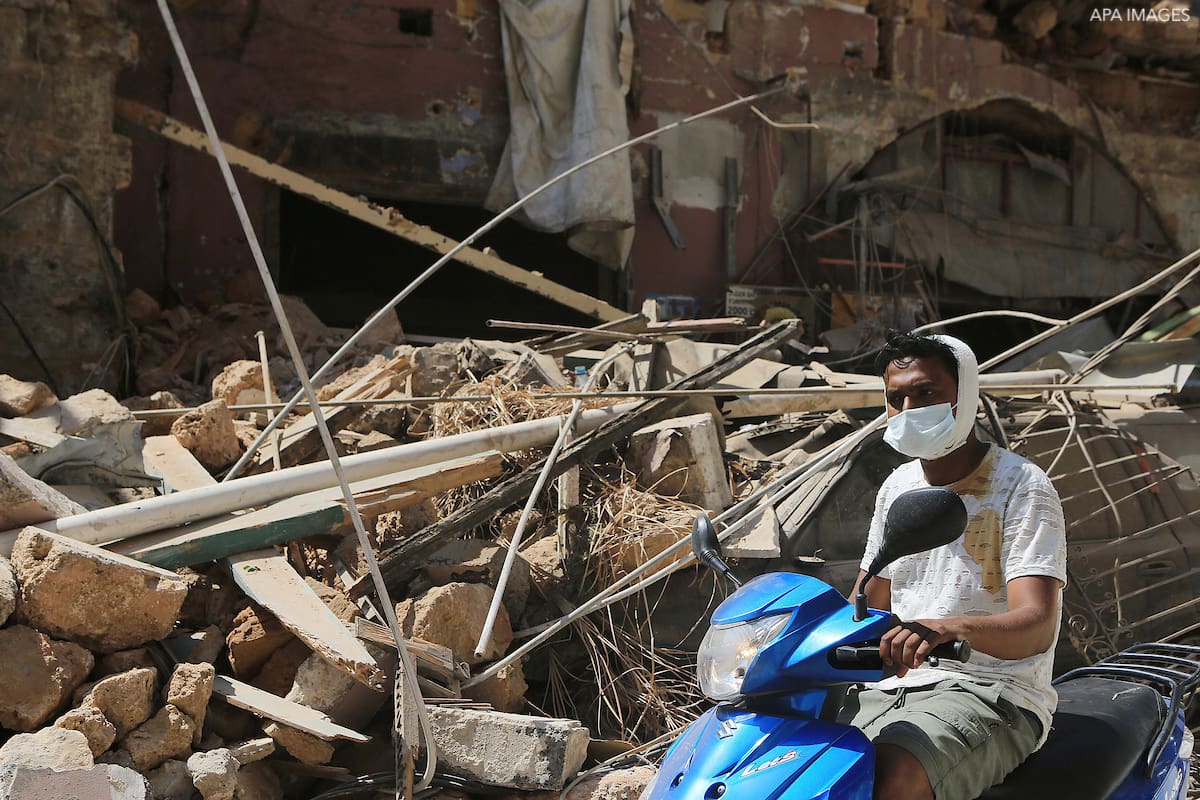
The COVID-19 pandemic and the August 4 explosion at Beirut’s port exacerbated an already multilayered crisis in Lebanon which crippled its economy and led to massive popular protests. How has this situation affected marginalized communities? Al-Shabaka policy analyst Jaber Suleiman describes the scope of the crisis and its impact on Palestinian refugees in Lebanon, explaining what more needs to be done to support them.
It’s Time to Reclaim UNRWA
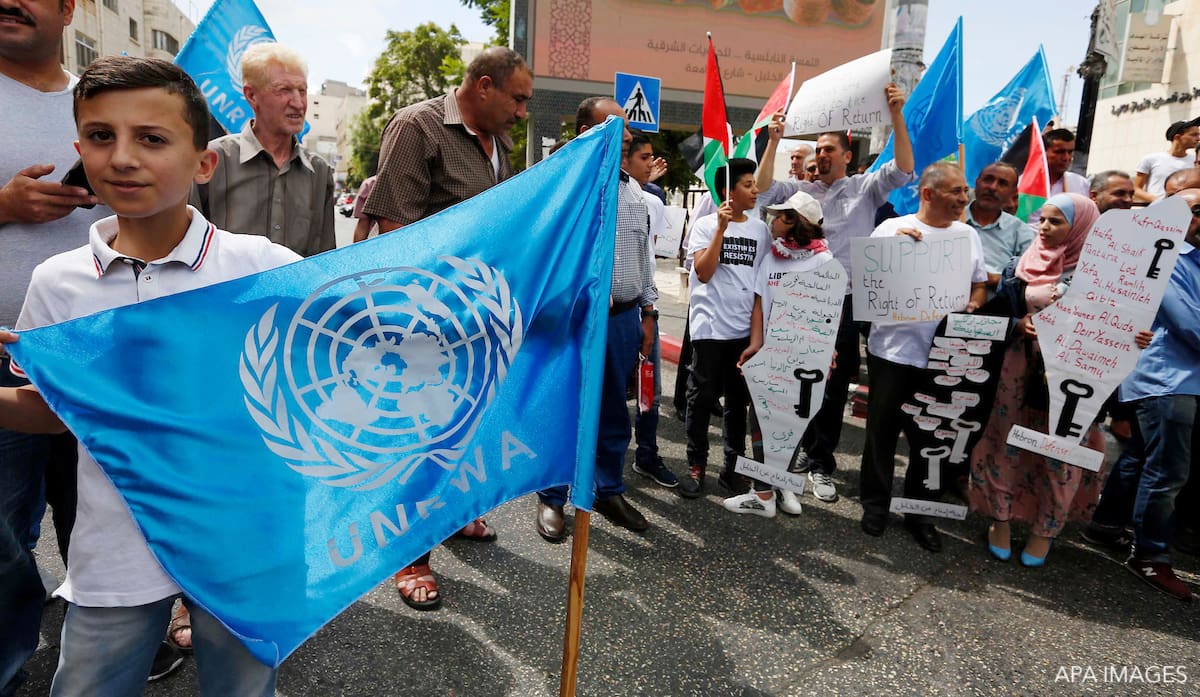
With COVID-19 spreading in the West Bank, Gaza Strip, and neighboring refugee camps, the consequences of the US’s defunding of the United Nations Relief and Works Agency for Palestine Refugees are even more dire. Al-Shabaka’s Randa Farah examines these challenges and outlines ways Palestinians can reclaim UNRWA and ultimately use it as a vehicle of empowerment and self-determination.
UNRWA in a Time of Crisis: Separating the Red Herrings from Legitimate Shortcomings
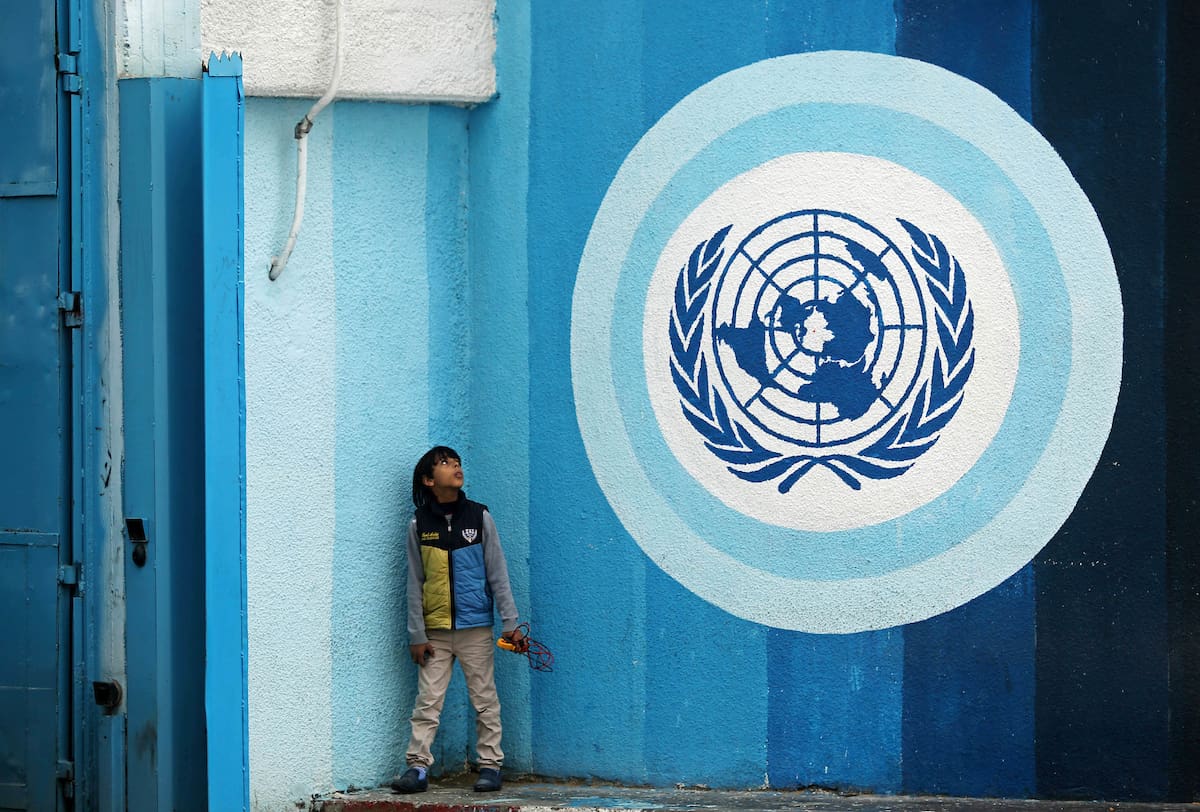
UNRWA has recently faced funding cuts and an ethics report detailing alleged abuses by top management. While these events are important to understand UNRWA’s current dilemmas, they do not provide a proper understanding of the Agency’s more fundamental issues. 24376 sheds light on UNRWA’s actual challenges and why its mandate should include durable solutions for Palestine refugees.
Abbas’s Craven Response to the US UNRWA Cuts
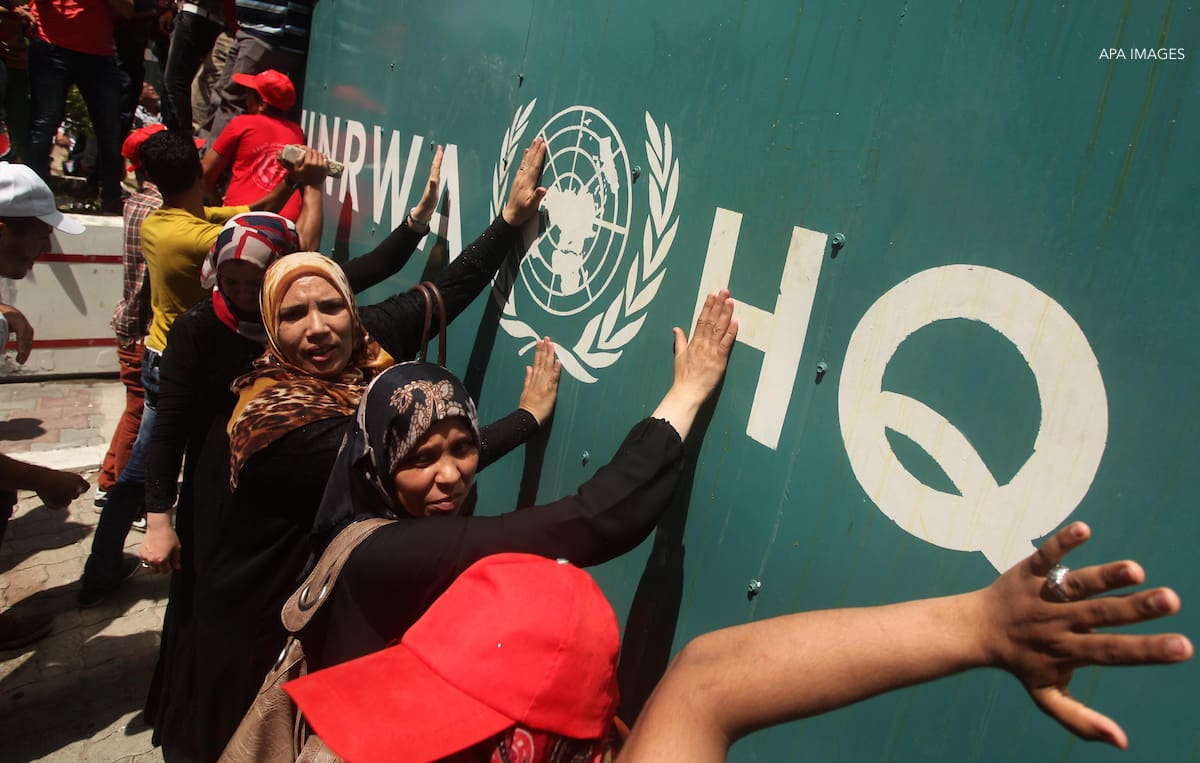
The US administration’s $65 million cut to UNRWA has placed the agency in jeopardy, prompting an international conference in Rome this week to help it meet its financial needs. Al-Shabaka Policy Analyst Randa Farah analyzes Palestinian Authority President Mahmoud Abbas’s response to the US move, and calls for Palestinian grassroots action in the face of the crisis.
Focus On: Palestinian Refugees
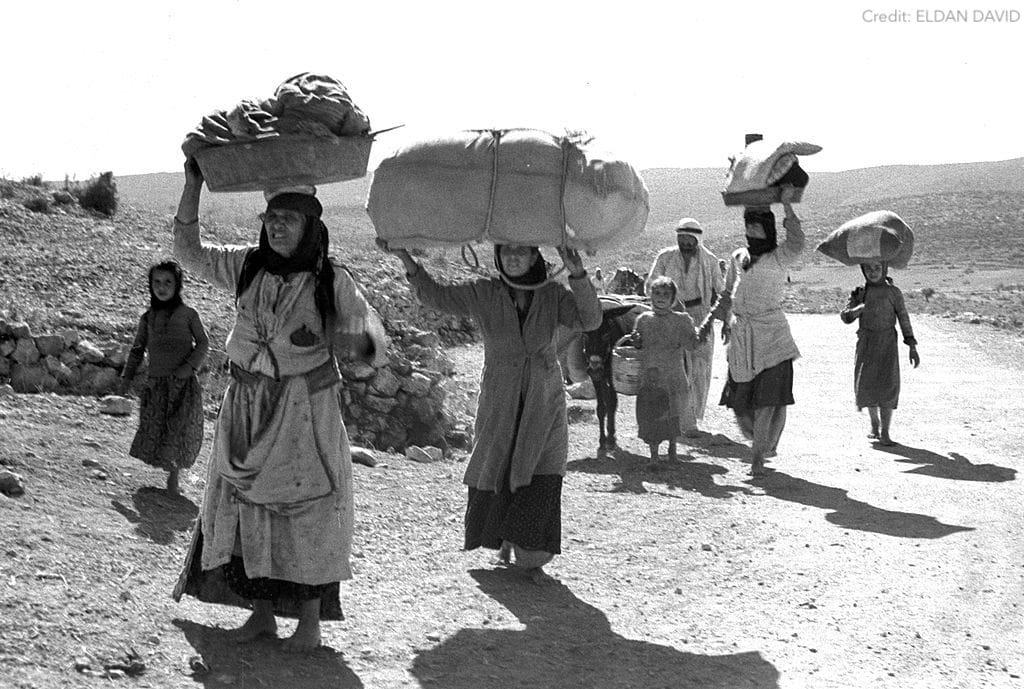
This collection of some of the most compelling pieces Al-Shabaka has published contextualizes and discusses the unique difficulties of Palestinian refugees displaced across the Middle East – from becoming refugees a second or third time due to the ongoing Syrian civil war to over-researching camps “famous” for tragedy while under-researching other refugee situations and exile communities.









